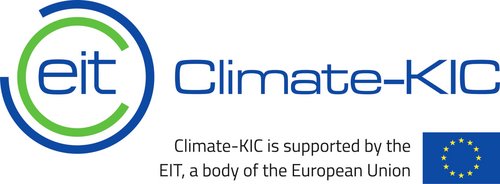eCircular
Accelerating Dematerialisation of Plastic Demand and Circularity in Plastic-Based Material Systems
At present, less than 40 per cent of plastics are recycled. Due to this the complex value chain has to change significantly, in order to avoid plastics being "down-cycled", incinerated or landfilled. The project eCircular focuses on the prevention of plastic waste by using digital technologies, such as block chain. It is an initiative of Climate-KIC, one of Europe's largest private-public innovation partnerships in the context of climate. That way, the project contributes to the overall goal of recasting material production towards net-zero emissions until 2050. The eCircular flagship will act as a bridge between academia, industry, public administration and citizens at a European level, to pave the way towards a dematerialised circular economy. In order to tackle the barriers voiced by the European Commission, regarding a carbon-neutral material system, the project has identified 6 levers to focus on:
- Use digital systems to gather information on material and traceability, in order to increase the recyclability of plastics.
- Draft new industry standards and regulations promoting recyclability, eco-design and public procurement of second-life products as well as the reduction of the demand of plastics.
- Promote Eco design and actions to overcome obstacles related to production processes, habits, lack of dialogue and the need for definitions and standards.
- Information, skills and behaviour: enhance the communication and collaboration within and across value chains as well as between different actors in the plastic system by creating a common platform to work on standards.
- Skills and behaviour: enable the sharing of knowledge and experience in order to create skills in the circular economy and dematerialised plastic system to ultimately create a change of behaviour.
- Market opportunities: implement new business models to overcome low pricing of virgin materials and create incentives to improve circularity and dematerialisation.
The Wuppertal Institute is a core partner of the flagship. It leads the work packages "Innovation Accelerator" and "Networking", addressing the essential tasks of creating a network for all stakeholders, as well as accelerating innovations for a more efficient use of plastics.

